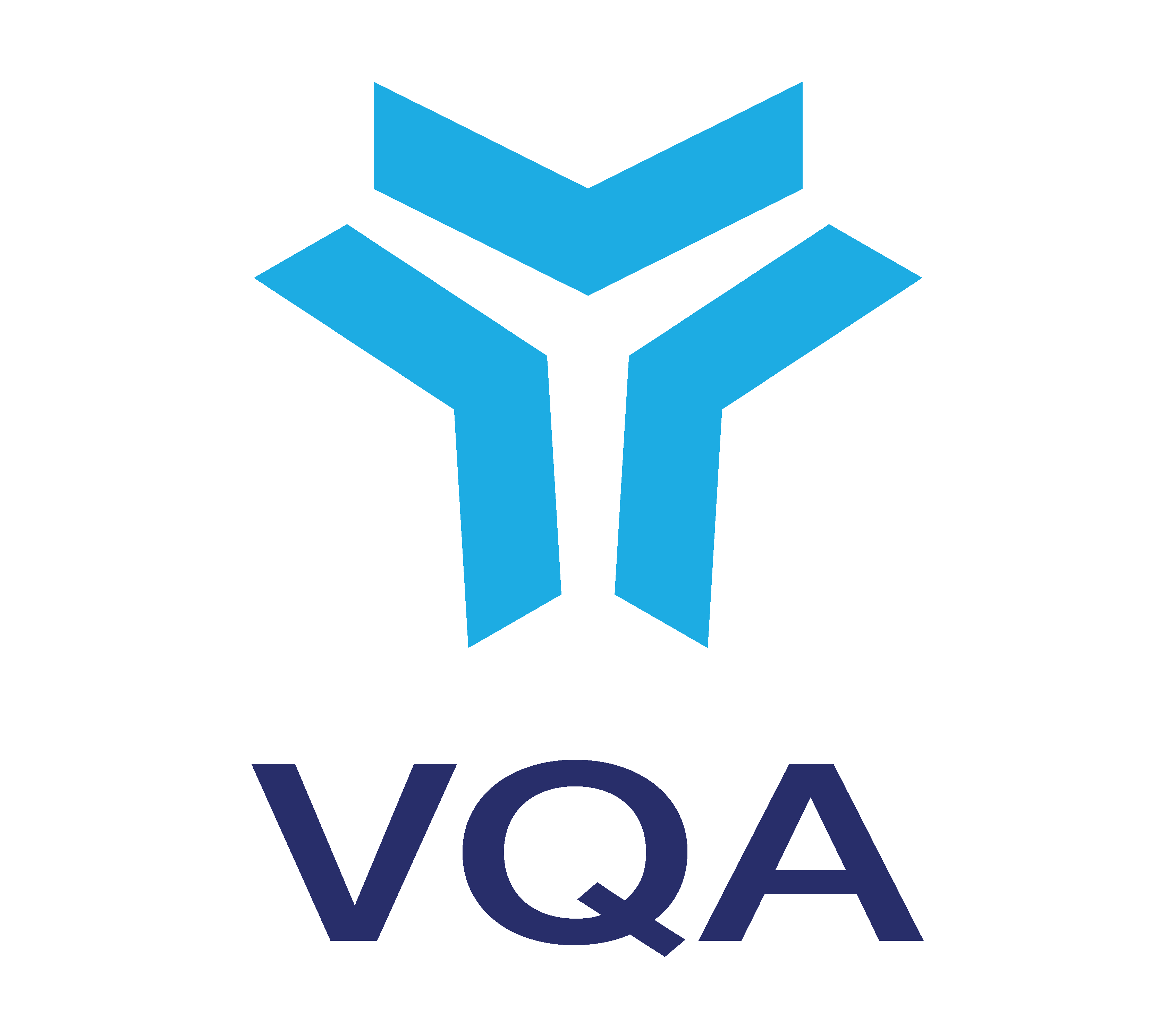DIGITAL TRANSFORMATION
What is Digital Transformation?
Digital transformation, which is on our agenda with Industry 4.0; refers to the integration of digital technologies into traditional business processes and the holistic transformation of human, business processes and technology elements in order to provide more effective and efficient services to institutions and organizations and to increase the satisfaction of the people and parties served.

Thanks to the developments in information and communication technologies, digital transformation, which includes many new technologies, brings many changes in business and social life.
What are the Technologies Required for Digital Transformation?
When the technologies required for digital transformation are examined; Technologies such as automation, artificial intelligence, big data, cloud computing, internet of things, cyber security, simulation, virtual reality emerge.
What are the Goals of Digital Transformation?
Some of the goals of digital transformation are listed below;
|
1. To reduce costs and increase efficiency in service and production processes |
 |
Digital Transformation and Skills Needs
With the technologies that are on our agenda with Industry 4.0 and the digital transformation that enables change in business models with the support of these technologies, the skill needs expected from individuals in many areas from design to production, from education to health are also changing. With it, many new business areas and many new professions are emerging.
The role of competent human resources is important in ensuring digital transformation, and employees are expected to exhibit the skills required by digital transformation.
In order to achieve digital transformation to the desired extent, qualified human resources must be employed. In this context, although the skills to be sought in the field of study vary, some of the skills that people are expected to have are listed below.
|
• Analytical Thinking and Innovation |
• Leadership, Social Impact |
VQA Activities within the Scope of Digital Transformation
With digital transformation technologies, new professions are emerging and new business areas are emerging.
The Vocational Qualifications Authority has developed and put into effect occupational standards and qualifications in various fields such as artificial intelligence, digital transformation, cloud computing, blockchain in order to serve the change and transformation in human resources, taking into account the technologies required for digital transformation. Examination and certification activities will be started in these areas in the near future.
Many national occupational standards and national qualifications have been prepared and put into effect in various strategically important sectors such as automotive, aerospace industry, electrical-electronics, machinery, especially the Information Technologies Sector, which serves digital transformation.
Professions for which national occupational standards/national qualifications have been developed within the scope of digital transformation:

|
• Digital Industry Operator |
• Artificial Intelligence System Analyst |





